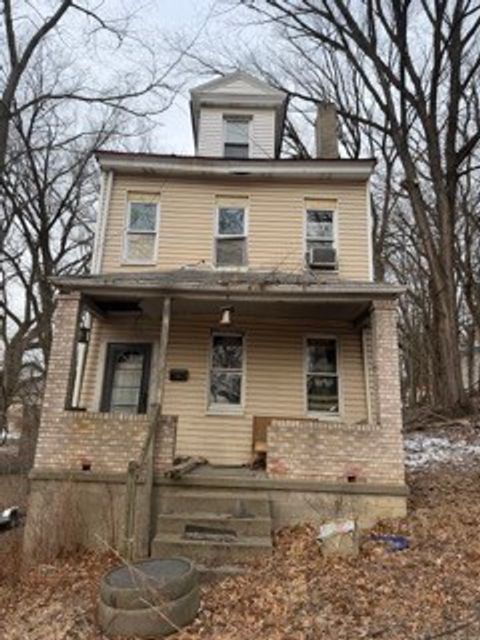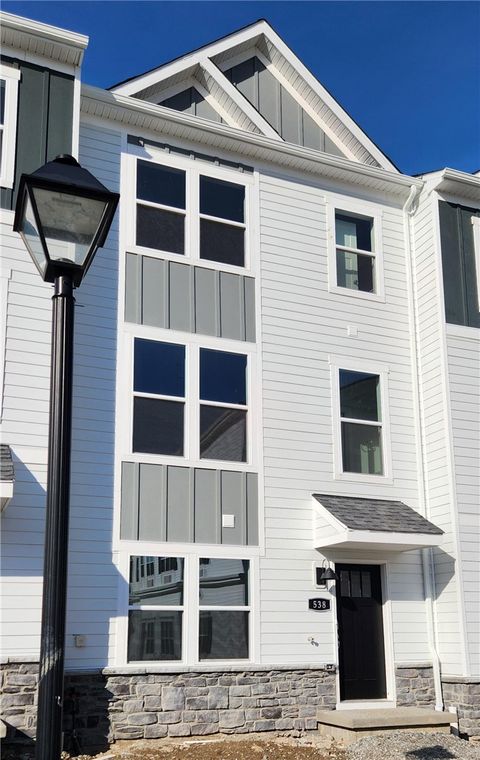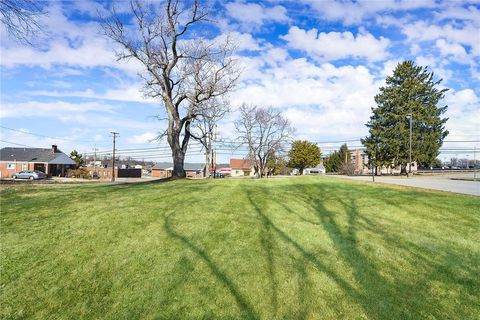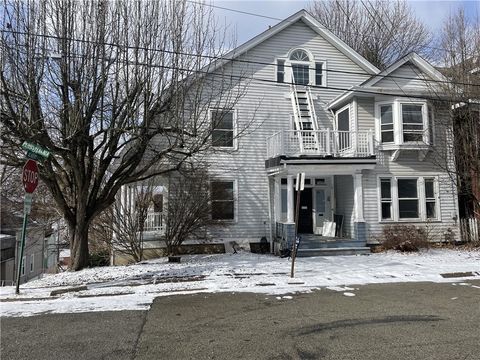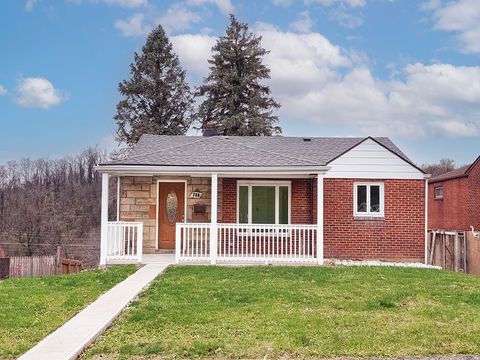Get the answers on home selling and buying.
A: The Community Home Buyers loan program is sponsored by the Federal National Mortgage Association, commonly referred to as Fannie Mae, and administered through participating direct lenders.
Fannie Mae's Community Home Buyers program has an income cap of 120 percent of the area's median income. In addition, the borrower must attend a seminar on home ownership and the home buying process.
It is not geared only for first-time home buyers, unlike many of the other low-down -payment programs on the market.
This loan program allows for 97 percent financing. The borrower may put down as little as 3 percent of his or her own money, with the remaining 2 percent coming in the form of a family gift or loan from a government or nonprofit agency.
For more information, call Fannie Mae at (800)732-6643.
Q: How can Fannie Mae help a home buyer?
A: Fannie Mae's Community Home Buyers Program allows first-time buyers with little cash to obtain 95 percent financing. Participants may put down as little as 3 percent of their own money, with the remainder permitted in the form of a gift from family members, a government program or nonprofit agency. Mortgage insurance is required on all loans above 80 percent loan-to-value ratio when borrowers do not use their own funds for at least 5 percent down.
The program is administered through participating lenders. There are income limits in different states. However, the income restriction is waived when borrowers participate in the Fannie Neighbors program. Fannie Neighbors also has lower income requirements for borrowers who want to buy in designated central cities.
People who are borrowing in either of these programs must attend a seminar on home ownership and the home buying process.
For a list of participating lenders, call Fannie Mae at (800) 732-6643.
Q: Who is Fannie Mae?
A: Fannie Mae is a congressionally chartered secondary-mortgage market company that buys loans from private lenders. Because the firm is so big and has been involved in purchasing packages of loans from lenders for 25 years, it has enormous influence on the mortgage market. For more information, call Fannie Mae at (800) 732-6643.
Q: Are there Fannie Mae programs for inner cities?
A: Home buyers in urban neighborhoods can take advantage of the secondary mortgage market institution's Fannie Neighbors Program.
This mortgage plan was created to increase homeownership and promote revitalization in central cities as well as minority low and moderate income areas. Borrowers need less income to qualify for a mortgage and less cash for closing than with standard mortgages. The program includes mortgages to buy or refinance a home.
Fannie Neighbors has no income limit for residents who are purchasing a home within designated central cities (if not the largest city in a metropolitan area, cities must have populations of 250,000 or more.) Borrowers must attend a seminar on home ownership and the home buying process. For a list of participating lenders, call Fannie Mae at (800) 732-6643.
Q: What is Fannie Mae's low-down program?
A: Fannie Mae is expanding the availability of low-down-payment loans in an effort to help more people nationwide qualify for a mortgage.
Two new programs will help potential buyers overcome two of the most common obstacles to home ownership, low savings and a modest income.
To address many first-time buyers' struggles to save the down payment, Fannie Mae developed Fannie 97. The program provides 97 percent financing on a fixed-rate mortgage with either a 25- or 30-year loan term through Fannie Mae's Community Home Buyers Program.
Fannie Mae's new Start-Up Mortgage will assist buyers with a 5 percent down payment who are at any income level. Applicants do not need as much income to qualify and less cash for closing than with traditional mortgages. Borrowers will receive a 30-year, fixed-rate mortgage with a first-year monthly payment that is lower than the standard fixed-rate loan.
Freddie Mac, Fannie Mae's counterpart, also offers low-down-payment loan programs.
Copyright 1999 Inman News Features





















